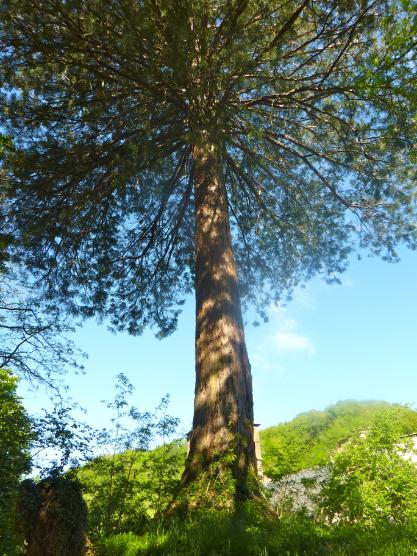ISSUE 1 AUTUMN 2012
Editorial
In his essay, The Defence Of Poetry, Percy Bysshe Shelley made the bold and romantic declaration that "poets are the unacknowledged legislators of the world." I wonder how much we identify with this today, or do we consider poetry merely a pleasant, minor occupation, similar to crochet or Sunday painting, the territory of the greetings card rhymester and the neo-Betjemanite, the province of the uncritical, uncriticised, unedited blogger?
Do contemporary poets proudly guard a covert authority, both spiritual and secular, or have they relinquished it completely to those we all secretly and despairingly believe to be our current world legislators: the corrupt politicians, the religious fanatics, the freeloading bankers, the polluting industrialists, the self-serving plutocrats?
The last lines of William Carlos Williams's poem Asphodel, That Greeny Flower are these: "It is difficult / to get the news from poems / yet men die miserably every day / for lack / of what is found there." Is today's poetry still life-giving, life-changing – even life-saving, as WCW writes?
Robert Frost said that "Poetry is a way of taking life by the throat." Do the poems we write now still take life by the throat, or do they give life only a weak handshake?
According to William Hazlitt, "Poetry is the universal language which the heart holds with nature and her herself." Does our poetry continue to reveal the truth about the human heart – with all its vagaries and deceptions, emotions and ideals? Or does it hide under a carapace of cynicism, obscurity and freeform anarchy? Can the poetry in our present-day hearts still commune with beneficent nature – if beneficent nature still remains?
Questions, questions. But, actually, I'm hopeful and optimistic. Our best poets writing today do still manage to pass on the poetic flame, a flame which has burned from the earliest attempts at speech and language and writing, from the Epic of Gilgamesh, the Iliad and the Odyssey, through Beowulf and Sir Gawain And The Green Knight to Shakespeare and Keats and Yeats and Larkin – and it burns ever brightly.
We must not be afraid of difficulty, for difficulty need not mean obscurity (look at challenging but accessible TS Eliot and Seamus Heaney), and forswearing the mass-market need not mean elitism (look at democratic Walt Whitman and Paul Durcan). And we must not be afraid of form, for enduring poems all have form, even if that form is subtle and opaque. Not forgetting that new ways and new forms can sometimes be old ways and old forms which have been altered, adapted, mashed together.
And so to our poets represented here, in this first issue of The Passionate Transitory. We thank them all for contributing work of such high quality. You'll find submitted, I think, some exceptionally good poems, and I do hope you enjoy reading them. For my part, I'm delighted and honoured to publish them on this site. Glyn Maxwell, in his recent book, On Poetry, praises poetry that is "tough, unforgettable, lovely." Truly there are many lovely poems here, some of them tough, and a few may prove unforgettable. The glow of the flame shines on.
 |
This site encourages two-way communication. If you have any remarks, comments, ideas or suggestions, we would love to hear from you on our Facebook page.
© Everything on this site is copyright Robert Wilkinson (aka The Solitary Walker) except for direct quotations and content from contributing authors, who retain their own full copyright.